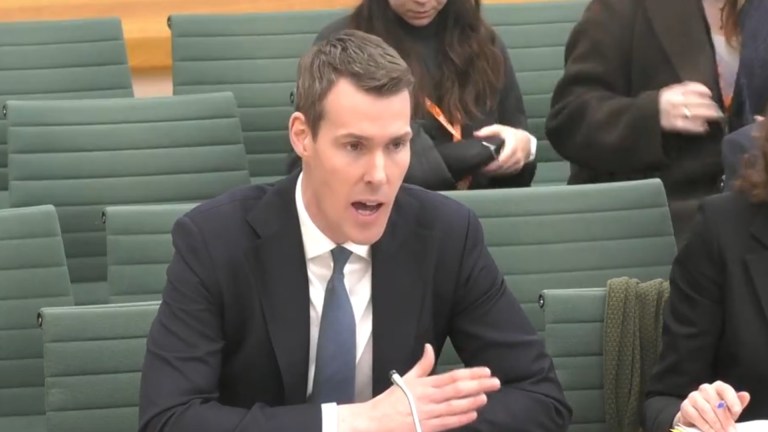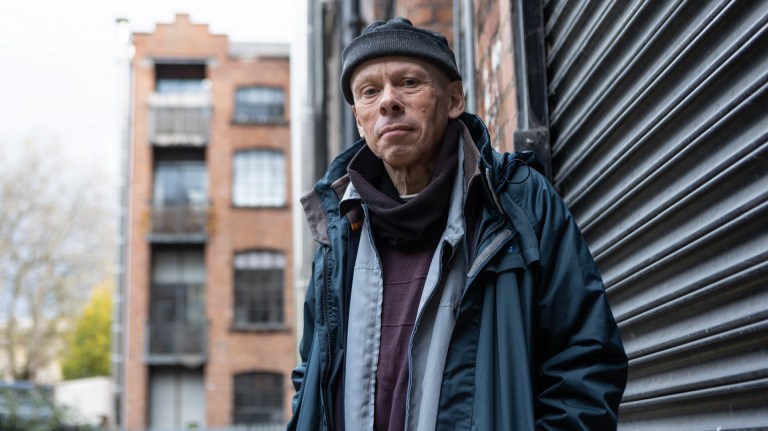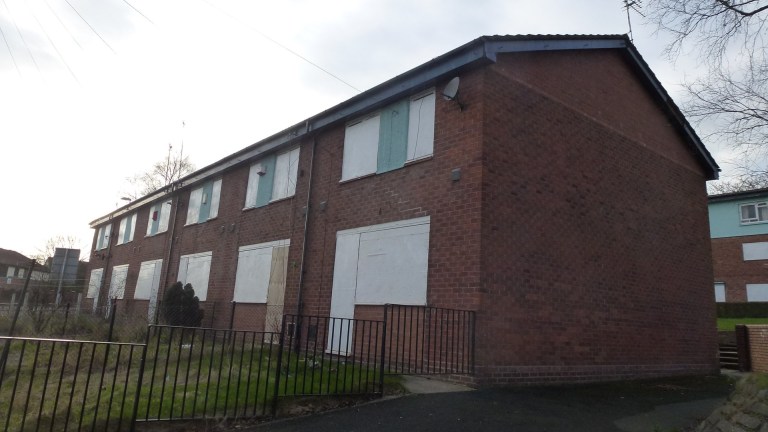Rent inflation has continued to dwarf wider price inflation across the economy as it has moved from highs of above 10% down towards the Bank of England’s target of 2% in the last year.
A rise in the energy price cap saw inflation jump to 2.3% in October from 1.7% in September. That’s the highest point the rate has been for six months.
Renters are having to face a higher cost of living while struggling to keep up with surging rent inflation.
JRF’s cost of living tracker showed in October that a quarter (24%) of all low income households said that they couldn’t afford to heat their home in the last six months.
But for low income private renters on housing benefits four in 10 (44%) households were struggling with heating bills.
The government’s Renters’ Rights Bill is currently making its way through parliament to offer renters more security in their home.
The bill promises protection against bidding wars that drive up rents but otherwise offers few solutions to surging rents.
Labour opted not to increase local housing allowance rates in line with the bottom 30% of market rates at last month’s autumn budget meaning the gap between rents and housing benefit is set to grow.
“The storm of rising prices isn’t set to subside any time soon” added Earwaker. “Energy bills will rise again next year as well as the weekly food shop still costing more. Renters will have to make difficult decisions if they’re to avoid getting into arrears with their rent, which too often means making the awful choice of whether they’ll turn off the heating, eat less or cut down on other essentials.
“Local housing allowance (LHA) was kept frozen at the latest budget, so the gap between these rising rents and the shortfall families need to cover is getting wider. The government must reverse this decision and permanently link LHA to what rents cost, so renters don’t face another winter of impossible choices. They must also ensure that the other benefits families receive actually cover the cost of their essentials.”
Nathan Emerson, CEO at property sector representative body Propertymark, pinned the blame on high prices on landlords exiting the sector ahead of the upcoming Renters’ Rights Bill.
“As we continue to see a further increase in rental prices across the UK, our members continue to emphasise key concerns regarding the ongoing trend of lack of rental stock versus an ever-growing number of tenants looking for homes,” said Emerson.
“Selling up altogether or turning to the short-term letting market is becoming a more attractive option for landlords due to the challenging legislative changes and increased financial liabilities they face.”
Meanwhile, new research from Generation Rent warned one in five renters are also being hit in the pocket by “unreasonable” deposit deductions at the end of their tenancies.
The pro-renter pressure group said two in three renters get some money back when challenging landlord deductions through a deposit protection scheme after surveying 1,021 renters in England between January and March this year.
2024, and asked what happened to their deposit at the end of their last tenancy.
Most renters (58%) had got their full deposit back, while 10% were charged deductions they felt were reasonable.
But one in four (26%) faced problems getting their deposit back. Of these, just one in five (5% of the total) raised a dispute with the deposit protection scheme.
Of the rest, 8% negotiated a compromise with the landlord, 8% found their landlord refused to return the deposit, 4% didn’t ask for it back, and 1% had to take their landlord to court.
Dan Wilson Craw, deputy chief executive, Generation Rent, said: “Deposit protection should be one of the success stories of the English private rented sector, particularly as those who use the dispute process generally have positive outcomes.
“But there are too many holes in the system that either undermine tenants’ confidence in exercising their rights, or give unscrupulous landlords opportunities to hold on to more of their tenants’ money.
“As the new government reviews provision of deposit protection, it can make small changes to build trust in the system among tenants, such as making sure undisputed cash is returned immediately, and that unscrupulous landlords can’t ignore requests or bully tenants into accepting less than they are entitled to.”
Do you have a story to tell or opinions to share about this? Get in touch and tell us more. This Christmas, you can make a lasting change on a vendor’s life. Buy a magazine from your local vendor in the street every week. If you can’t reach them, buy a Vendor Support Kit.
Big Issue is demanding an end to extreme poverty. Will you ask your MP to join us?









